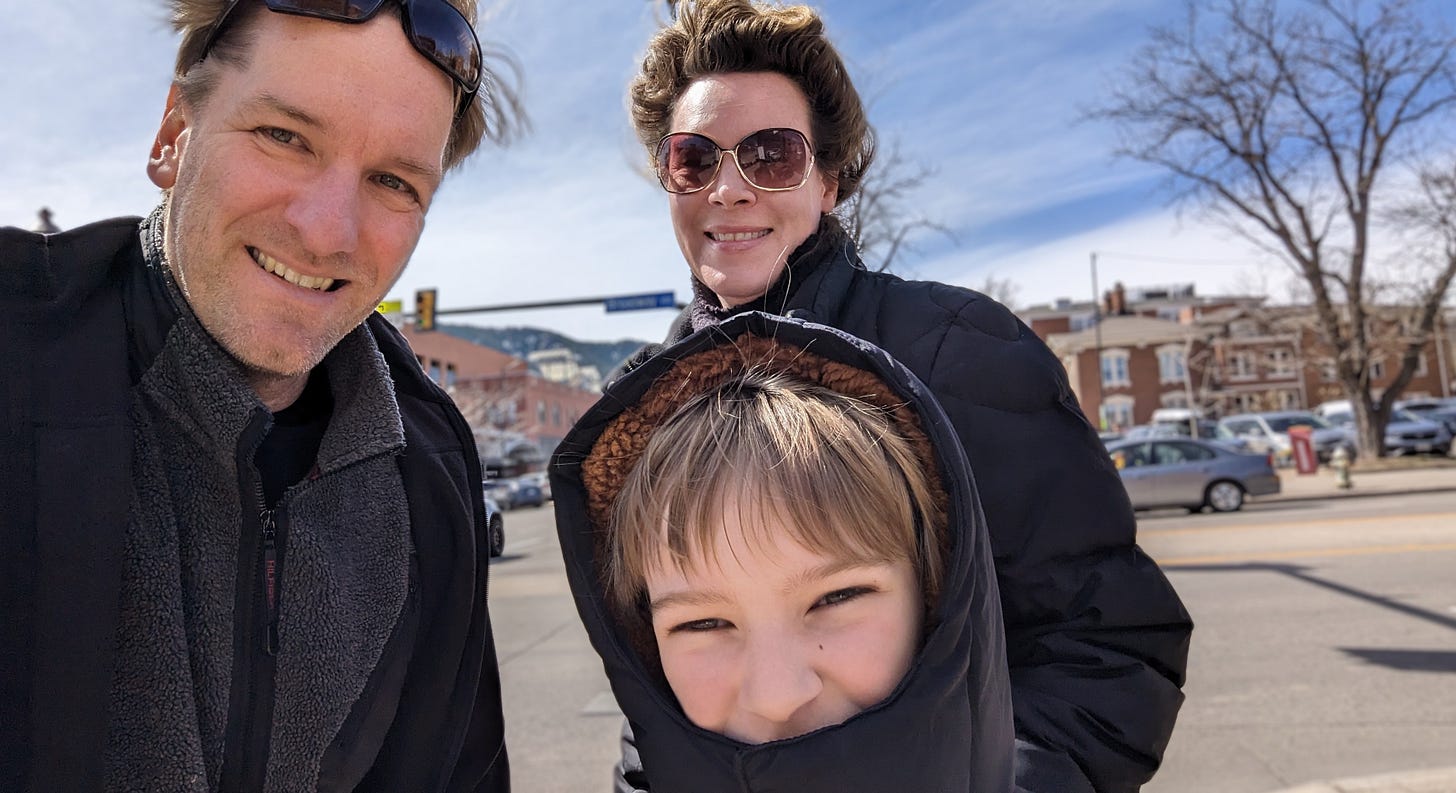
A university president recently addressed his campus community about an incident that had shaken his Wisconsin school.
“The last few days have been painful ones for many members of our community, as they have also been for m…
Keep reading with a 7-day free trial
Subscribe to Shiny Herd to keep reading this post and get 7 days of free access to the full post archives.


